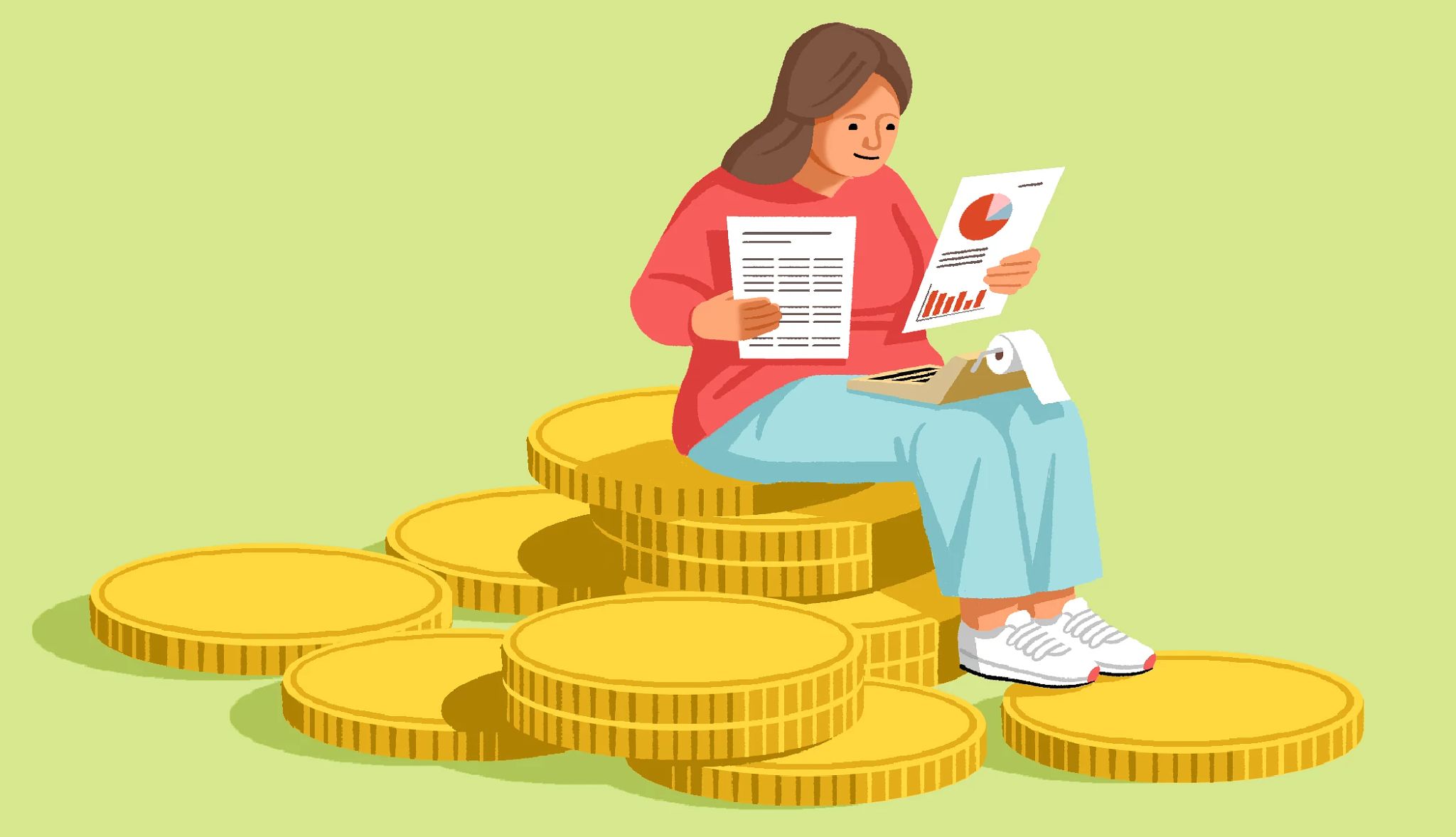AARP Hearing Center
Life can be full of financial surprises. Imagine that you’ve been told that both your furnace and roof need replacing, and your car requires expensive repairs. On top of that, your spouse has stopped working due to illness, and the medical bills continue to mount.
Unfortunately, you’ve already drained your small emergency fund. Or you didn’t get around to building one. Whatever the reason, you need to come up with some serious cash right now.
Many Americans are in a similar bind. According to “Inside the Wallets of Working Americans,” a recent survey by Salary Finance, 45 percent of the 3,000 respondents reported that they feel financially stressed, 55 percent said they’ve had less cash on hand over the past 12 months than in the previous year, and 68 percent reported they don’t have money set aside for emergencies.
Your first impulse may be to tap your retirement fund. In the Salary Finance study, 18 percent of the respondents said they had just done so.
After years of contributing to your 401(k), 403(b) or 457, you’ve accumulated a nice nest egg. But should you borrow from it? How do these loans work?
While there are some advantages, B. Kelly Graves, a certified financial planner (CFP) and executive vice president at Carroll Financial Associates in Charlotte, North Carolina, advises against it. “You’ll be withdrawing money from investments that may be earning a nice return. And it’s too easy to not repay a loan, which would ultimately hurt your retirement.”
What if you just withdrew the cash you need instead? The decisions you make now as you face a temporary cash crunch will affect your financial future.
1. An early distribution is the most expensive option
Simply withdrawing funds from your retirement account would be costly if you haven’t yet reached age 59½, says Chris Chen, a CFP at Insight Financial Strategists LLC in Lincoln, Massachusetts. “You’d be required to pay federal and state income tax on those funds, plus a 10 percent early withdrawal penalty. The actual cost would depend on your tax bracket.”
For example, if your federal tax bracket is 22 percent, the penalty would make it 32 percent. Add the 5 percent state tax in Massachusetts, or the 13 percent state tax in California, for example, and your tax would come to 37 percent or 45 percent, respectively. That’s expensive money.
Doing so may also hurt you down the road, Chen says. “People rationalize that they will put the money back into their retirement account when their cash flow is better. When will that be?”






























































